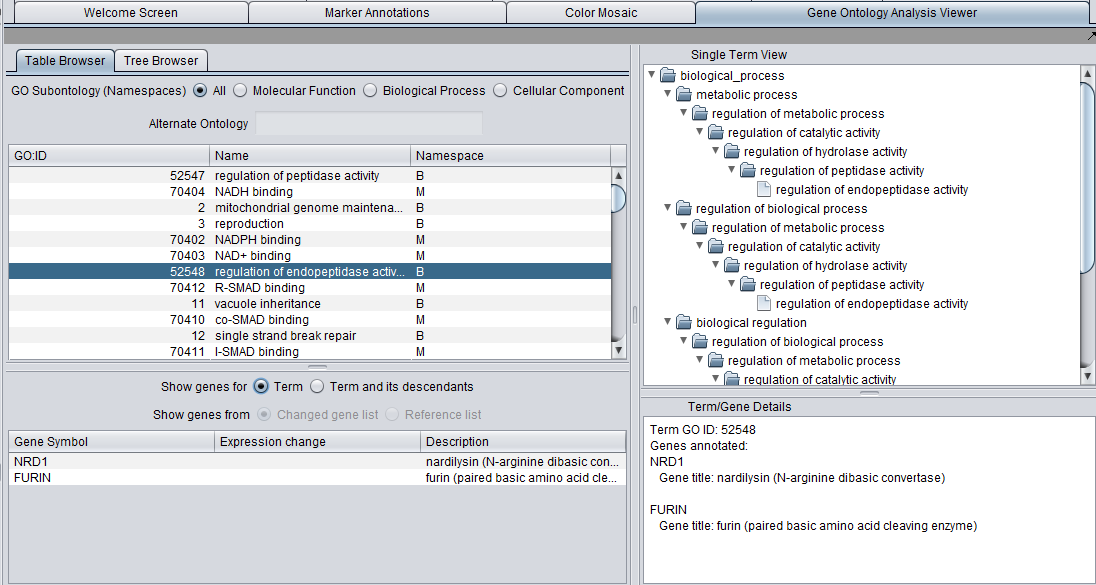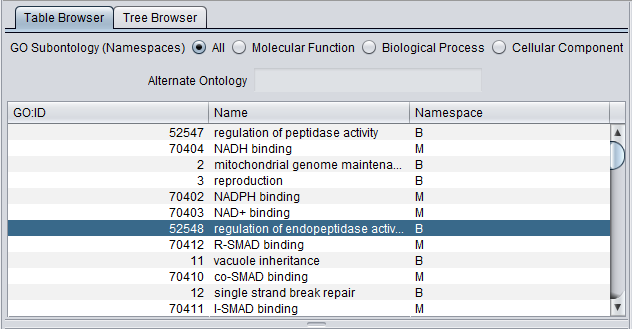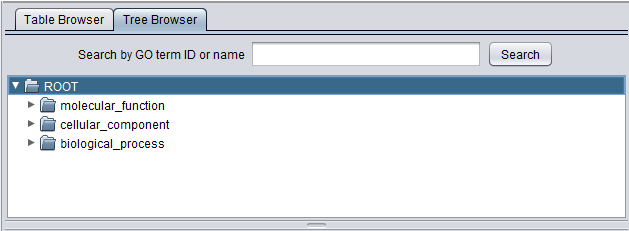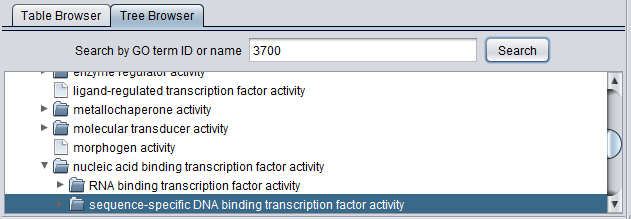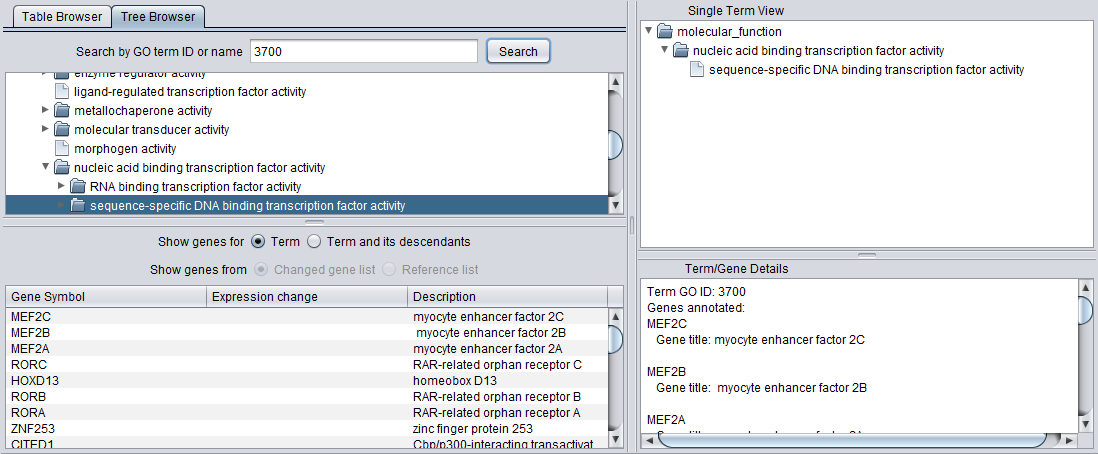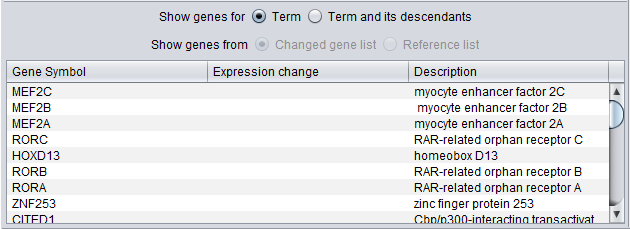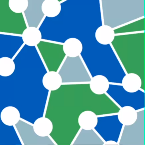Gene Ontology Viewer
|
Home | Quick Start | Basics | Menu Bar | Preferences | Component Configuration Manager | Workspace | Information Panel | Local Data Files | File Formats | caArray | Array Sets | Marker Sets | Microarray Dataset Viewers | Filtering | Normalization | Tutorial Data | geWorkbench-web Tutorials |
Analysis Framework | ANOVA | ARACNe | BLAST | Cellular Networks KnowledgeBase | CeRNA/Hermes Query | Classification (KNN, WV) | Color Mosaic | Consensus Clustering | Cytoscape | Cupid | DeMAND | Expression Value Distribution | Fold-Change | Gene Ontology Term Analysis | Gene Ontology Viewer | GenomeSpace | genSpace | Grid Services | GSEA | Hierarchical Clustering | IDEA | Jmol | K-Means Clustering | LINCS Query | Marker Annotations | MarkUs | Master Regulator Analysis | (MRA-FET Method) | (MRA-MARINa Method) | MatrixREDUCE | MINDy | Pattern Discovery | PCA | Promoter Analysis | Pudge | SAM | Sequence Retriever | SkyBase | SkyLine | SOM | SVM | T-Test | Viper Analysis | Volcano Plot |
Contents
Overview
The Gene Ontology Analysis Viewer allows direct browsing of the Gene Ontology, and also the visualization of GO Term analysis results.
The viewer presents the GO both in tabular form (Table tab) as well as in a tree form (Tree tab).
In addition, three windows provide additional details:
- A list below the selection windows shows all genes annotated with a selected term.
- The "Single Term View" shows the complete tree, including multiple paths through the GO directed acyclic graph, for any selected term.
- The Term/Gene Details windows provides additional details on an term or gene selected in the GO browser or the gene list.
Standalone Viewer
Table Browser
GO Subontology (Namespaces) - radio buttons allow the user to view all three subontologies, or just one at a time. The choices are:
- All
- Molecular Function (M)
- Biological Process (B)
- Cellular Component (C)
- All
Table Columns
- GO:ID - The Gene Ontology Term ID
- Name - The name associated with the GO Term.
- Namespace - the Gene Ontology Namespace to which each GO term belongs, abbreviated as as shown above under Subontology
Tree Browser
Browse
The Viewer also allows the Gene Ontology to be directly browsed in tree format. Clicking on the arrow in front of any term will open that term to display its child terms, until a final leaf node is reached. The first picture below shows the tree with just the three top level subontologies displayed.
Search by GO term ID or name
The Tree Browser allows terms to be searched either by ID or by name. Enter the desired search term and hit "Search". Here, term 3700 has been searched for. Term details are displayed in the other three windows.
Detail Views
When any term is selected in the browser (table or tree), its details are displayed in the three adjacent windows.
Gene List
When a term is selected in either the Table or Tree Browser views, a list of genes annotated with that term appear below in the Gene List.
There are several display options:
Show Genes for
- Term - show only genes annotated directly with this term.
- Term and its descendants - show genes that are annotated directly with the selected term, or with any child of the selected term.
When used to display the results of a GO Terms analysis, two additional options are available:
Show genes from
- Changed gene list - only genes that both belong to the selected term, and are members of the "changed gene list" used in the GO Terms Analysis are displayed.
- Reference gene list - all genes that are annotated with the selected term and which appear in the reference gene list (e.g. up to including all genes represented on the analysis platform).
Copy to Set
The genes in the Gene List can be copied to a set in the Markers component. Right-click on the list and select "Add to set". A new set will be created using the name of the selected term to which the genes belong.
Note that, as one gene may be represented by more than one marker, the new set in the Markers component may have more members than shown in the gene list.
